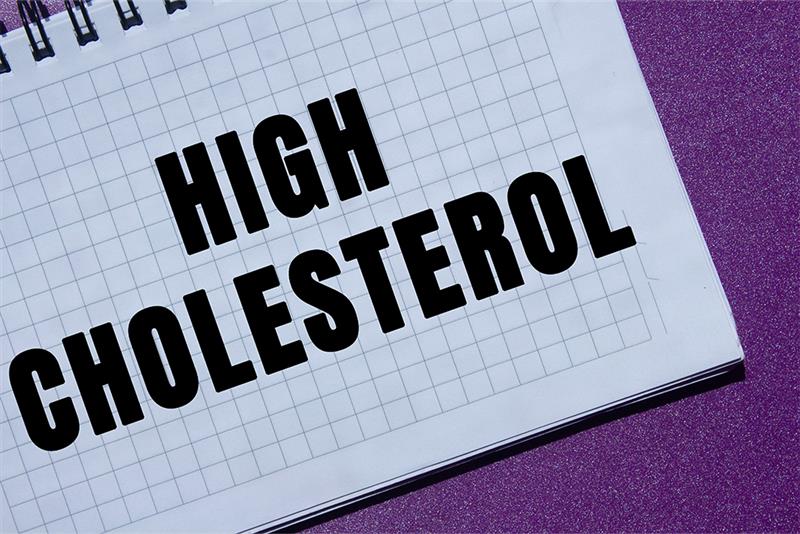We Are Now Open On Saturdays

High cholesterol is one of the most common health issues in the UK — and one of the least understood. Because it causes no symptoms, many people don’t realise they have it until it leads to something more serious, like heart disease or stroke.
Here’s what you need to know about cholesterol, how it affects your health, and the simple steps you can take to keep it under control.
Cholesterol is a fatty substance made by the liver and found in certain foods. It’s essential for building healthy cells and producing hormones, but too much of it can be harmful.
There are two main types:
High levels of LDL or an imbalance between LDL and HDL can increase your risk of cardiovascular disease.
Excess cholesterol can stick to the walls of your arteries, forming fatty deposits known as plaques. Over time, these plaques narrow the arteries, making it harder for blood to flow. This process, called atherosclerosis, increases the risk of:
Because high cholesterol doesn’t cause pain or visible symptoms, regular testing is the only way to detect it.
You can book a Cholesterol Blood Test – placeholder link] to check your levels quickly and accurately.
Several factors can contribute to elevated cholesterol levels:
Cholesterol testing is recommended for:
At South Kensington Medical & Dental, our Cardiovascular Screening includes a detailed Lipid Profile Test to measure total, HDL, and LDL cholesterol.
A simple blood test can measure your:
Results help your doctor assess overall cardiovascular health and plan next steps.
For most people, lifestyle changes are the first line of treatment:
If lifestyle changes aren’t enough, your doctor may recommend cholesterol-lowering medications such as statins. These help reduce LDL levels and prevent complications.
Your Private GP can discuss whether treatment or further testing is right for you.
High cholesterol is silent but serious. The good news is that it’s entirely manageable with regular testing, healthy habits, and, if needed, medical treatment.
Book your GP Consultation today at South Kensington MD

